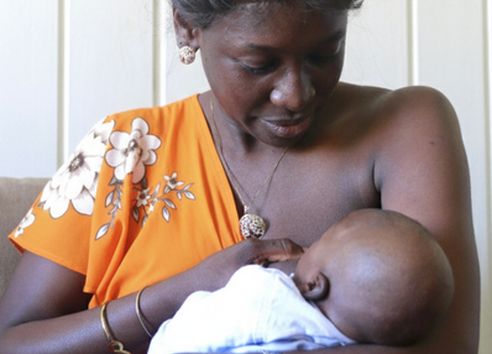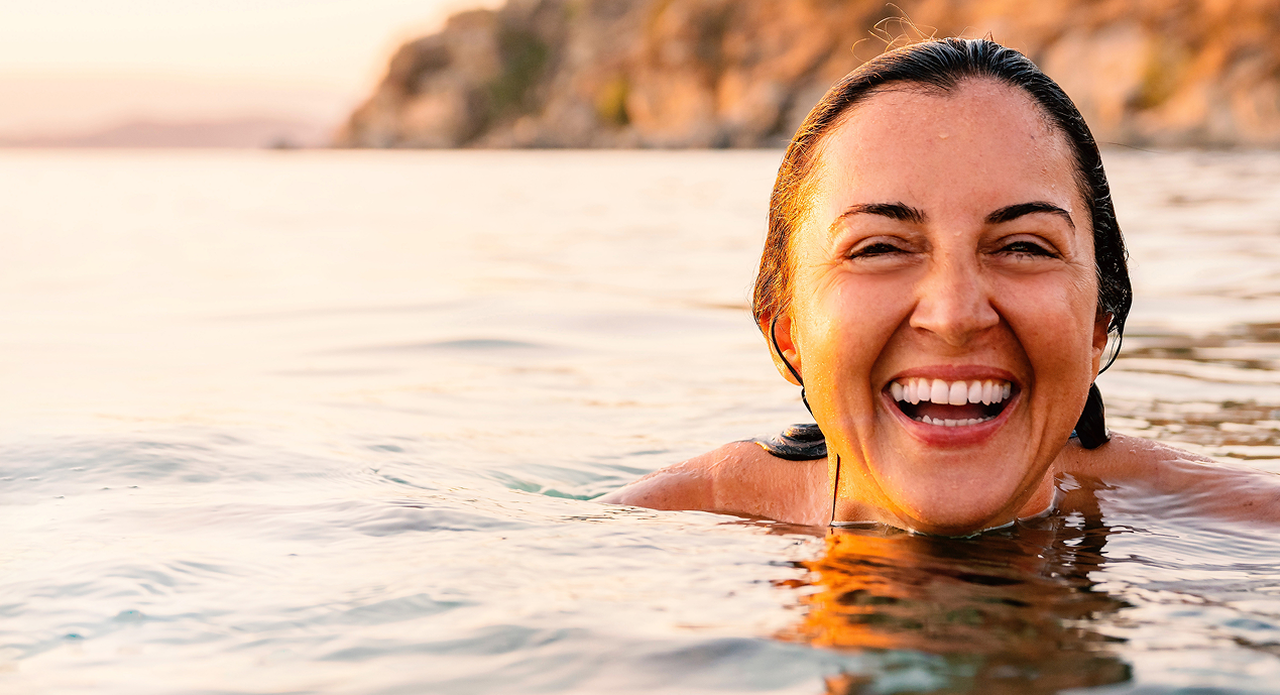Can breastfeeding reduce my own and my baby’s risk of breast cancer?
Can breastfeeding cut your UK breast cancer risk? Learn how it benefits both mother and baby, with statistics and personal support tips.

Can breastfeeding reduce my own and my baby’s risk of breast cancer? “I chose to breastfeed my children. I made that choice because of the known health benefits for the baby. Not knowing it would reduce my breast cancer risk, and I’m a cancer researcher!” says Britta Stordal, Vice Chair of Breast Cancer UK and Senior Lecturer at Middlesex University.
“Breastfeeding is hard, very hard. It’s particularly hard in the first few weeks after birth, when you are exhausted, getting used to being someone’s mother and recovering from a c-section. Both of my daughters had tongue-tie, which makes it harder for babies to latch and feed properly.
We supplemented with formula in the beginning, and I was using a breast pump every 2-3 hours to try and bring my milk supply in. We had lots of support from midwives and health visitors, as well as a breastfeeding support group. If I hadn’t had that support, as well as the support of my husband doing literally everything else in the house while all that was going on, I wouldn’t have coped.
Once we had got over the challenges of establishing breastfeeding, I found it fantastic. You don’t have to faff around in the middle of the night making up bottles when you have a hungry, screaming baby. You don’t have to sterilise everything all the time. I took my firstborn on a long-haul flight to Australia when she was three months old. She nursed and slept much as she did at home. When I exited the plane, the people sitting behind me looked at me in disbelief and said, “You have a baby! We didn’t hear her.” I loved that having a cuddle and breastfeeding my baby was my work on maternity leave. I watched a lot of boxsets, ate some of my favourite snacks and burned some extra calories while I was doing it.
The rate of breastfeeding in the UK is low. Only 72.7% of babies in England have breastmilk as their first feed, and the breastfeeding rate drops quickly. This is much lower than in other countries such as Australia and Sweden, where 92-98% of babies are breastfed longer.
The reason for low uptake in the UK is complex, but a lot has to do with much lower breastfeeding rates a generation ago. In 1990 only 62% of babies were breastfed, which means that today’s grandmothers have less experience breastfeeding than their daughters. This is important as women are more likely to breastfeed if they were breastfed and if their friends also breastfeed.
Babies who are breastfed have a reduced risk of infectious diseases such as diarrhoea, chest and ear infections. A lot about being pregnant and being a parent is about trying to do all the right things for the baby. Breastfeeding is an opportunity to do something good for your baby but also for yourself.
Mothers who breastfeed have a reduced risk of heart disease, diabetes, and breast and ovarian cancer. The risk of breast cancer is reduced by 4.3% for every 12 months of breastfeeding. In the UK, an estimated ~2600 breast cancer cases each year (4.7%) are caused by not breastfeeding.
Scientists have been trying to understand how breastfeeding changes the risk of breast cancer. The short version is that it’s complicated, and we don’t really know. What we do know is that the decreased risk of breast cancer is seen globally in high and low-income countries. It doesn’t vary with age or ethnic group.
We also know that it reduces the risk of breast cancer in women with BRCA1 mutations. BRCA1 mutations have had a greater public profile in recent years due to the actress Angelina Jolie speaking publicly about her BRCA1 status and her mastectomies to prevent breast cancer. Women with a family history of breast cancer should particularly be supported to breastfeed as a way of reducing their risk.
My advice to anyone pregnant and planning on breastfeeding is to get a good electric breast pump. And, find out where your local support group is before the baby arrives. In the UK, these are often run through children’s centres. In my area, there was a support group running each day of the week in one of the neighbouring towns. It was the local support group that spotted my firstborn’s tongue tie. They referred us back to the hospital for treatment. Don’t be afraid to ask for help. Everyone needs support and guidance to make sure their baby is feeding okay.”
See Britta’s published study: Breastfeeding reduces the risk of breast cancer: A call for action in high‐income countries with low rates of breastfeeding – Stordal – Cancer Medicine – Wiley Online Library
Reference:
Stordal, B. (2022). Breastfeeding reduces the risk of breast cancer: A call for action in high-income countries with low rates of breastfeeding. Cancer Medicine first published: 26 September 2022 https://doi.org/10.1002/cam4.5288
For more information on how making healthy choices can help reduce your risk of breast cancer, please read our Health and Lifestyle section.
Download our free Organic Flavours recipe book, with over 60 easy-to-cook recipes.

Please select a campaign to connect this plugin with.